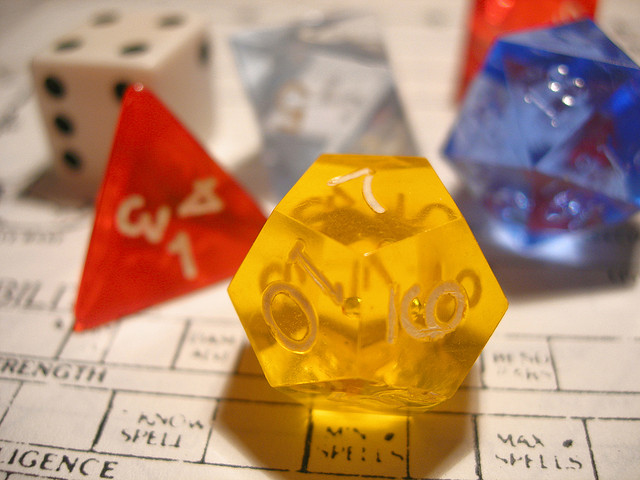
Our Mission
Analog Game Studies is a journal dedicated to the academic and popular study of games containing a substantial analog component. We are a volunteer-run, open access publication that caters to a combined academic and popular audience, with stakeholders in education, industry, and gaming communities.
The goals of the journal are:
• to provide a platform for the documentation and analysis of games that use dice, cards, boards, pencil, paper, tokens, and/or performative elements.
• to provide peer-review services and help cultivate an interested audience for such material.
• to encourage the development of analog game studies theory and methods across disciplines.
Scholarship on role-playing games, traditional games (chess, go, backgammon), parlor games, strategy board games, collectible card games, LARP and similar material will be the central focus of our journal.
Why choose analog games as objects of academic study?
Analog games are interesting in their accessibility, their innovative potential, and the already lively current discourse surrounding these games’ design and implementation. Anyone can design an analog game, as opposed to hardware-intensive video games, which often require massive programming teams with specialized skill-sets. Thanks to these games’ accessibility and agility, game studies scholars frequently use analog games to teach specific game principles, from the act of removing pieces in chess to building a character in Dungeons & Dragons. Yet serious studies of these games’ logics, affordances and constraints are scarce in the game studies community. We intend for the journal to help tease out broader socio-cultural meanings at stake in analog game design and play. Analog games ultimately permit designers to explore concepts and systems that would be otherwise impractical or hard to implement on a digital platform. Rather than conceiving of analog games as a “pure” game form, we recognize their specific histories, trajectories, and potential. We also recognize that much has already been said about analog game studies within design communities, and this forum will help us maintain a shared language across these mostly private networks and across disciplines such as history, psychology, media studies, sociology, anthropology and literary studies. Bridging these diverse networks is the purpose and reason for existence for this journal.
Our Format and Editorial Process
As a journal, Analog Game Studies uses an open-yet-curatorial model to review submitted works. We strive to represent a varied set of perspectives in each issue and, as such, find it to be of the utmost importance to offer transparency to writers in our review process as well as authorial and topical diversity to our readers with regard to articles we choose to publish. For these reasons, the editorial board carefully curates select essays for each issue from our pool of submissions and then works closely with the selected authors in a rigorous and transparent editing process. We see this process as a collaborative, expressive, and open conversation between editor and author. It is because of this curatorial model that our essays can present clear and timely arguments in engaging and readable prose.
Go to our Submit page for more information about the submission process. Contact us with questions and queries.
—
Featured image for the journal header courtesy of James Bowe CC BY.
